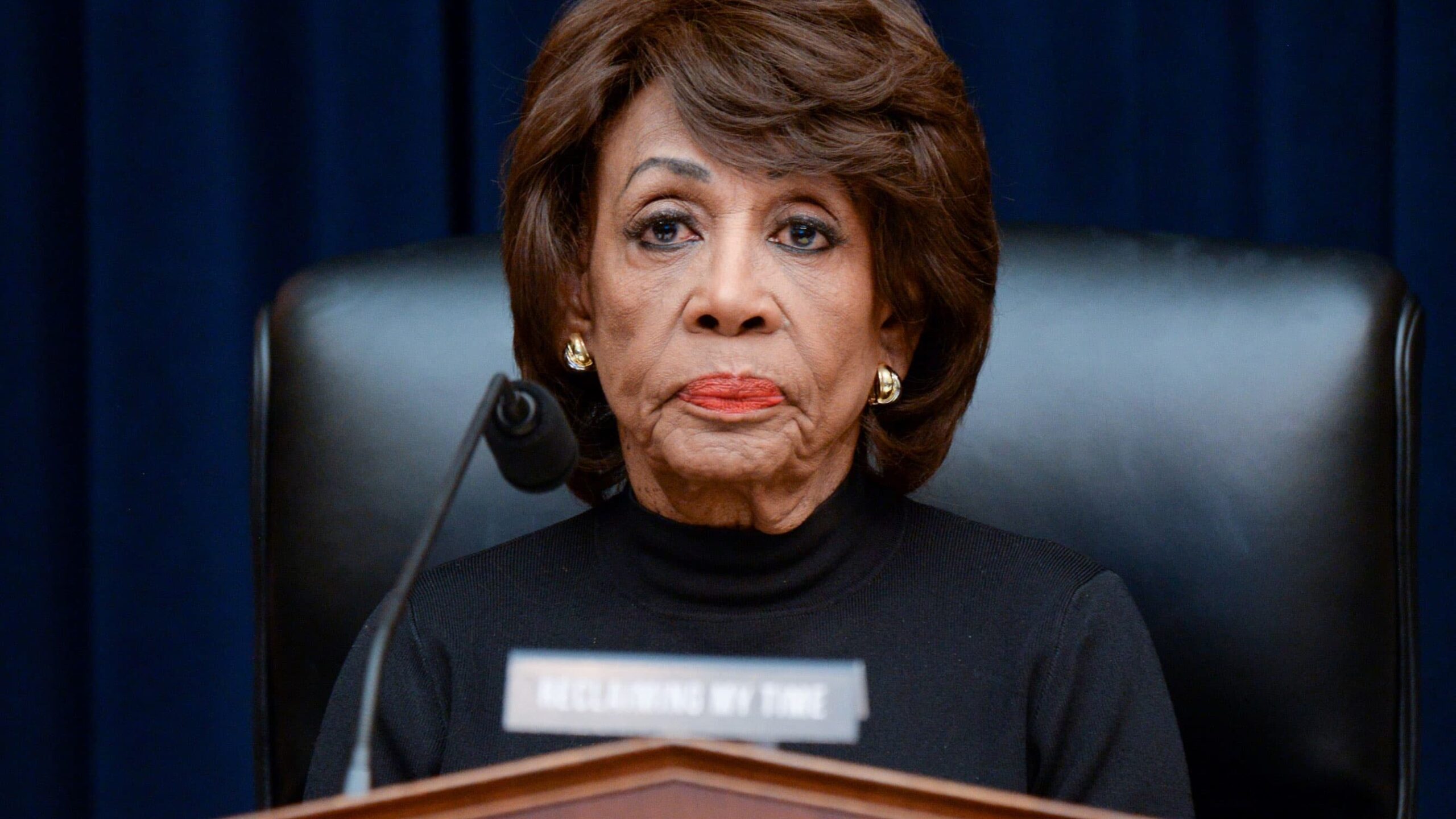US Democrat Maxine Waters Criticizes Republican Opposition To New Anti-CBDC Bill
Key Points:
- Maxine Waters slams Republicans for opposing the CBDC bill, fearing it could harm the dollar’s status and hinder payments.
- Tom Emmer’s “CBDC Anti-Surveillance State Act” gains Republican support, aiming to block direct CBDC issuance.
- House to vote on Emmer’s bill and the bipartisan “Power to Mint Act,” reflecting concerns about CBDC’s effects on privacy and innovation.
According to The Block, Maxine Waters, a prominent figure in the US Democratic Party and former Chairman of the House Financial Services Committee, has expressed her disappointment with the Republican Party’s position on the Central Bank Digital Currency (CBDC) bill. Waters criticized what she called the GOP’s “anti-innovation stance” regarding the bill.
“The Republican bill before us today would stifle that research and prevent us from moving forward, even if it means that the dollar loses its status as the world’s reserve currency and U.S. citizens miss out on faster, cheaper, and simpler payments. I am disappointed that Republicans have taken such a deeply anti-innovation stance,” Waters stated.
Last week, Minnesota Representative Tom Emmer introduced HR 5403, known as the “CBDC Anti-Surveillance State Act,” which seeks to prevent central banks from directly issuing CBDCs to individuals. This bill garnered support from 49 Republican co-sponsors.
The US House of Representatives is set to vote on the “CBDC Anti-Surveillance State Act” this Wednesday, aiming to halt the Federal Reserve‘s involvement in the development of a CBDC. Additionally, another bill related to CBDCs will be discussed on the same day. The Power to Mint Act, H.R. 3402, proposed by Rep. Jake Auchincloss (D-Mass.) and Rep. French Hill (R-Ark.), would require Congressional authorization before the central bank could issue a CBDC.
In its latest update in April 2023, the Federal Reserve stated its ongoing research into the potential risks and benefits of CBDCs, focusing on their potential to enhance the US payments system.
Emmer’s bill reflects growing public and policy concerns about CBDCs, with many fearing they could lead to increased surveillance and hinder innovation in the financial sector. The debate surrounding these bills underscores the complexity of regulating digital currencies in the United States.
DISCLAIMER: The information on this website is provided as general market commentary and does not constitute investment advice. We encourage you to do your own research before investing.




















